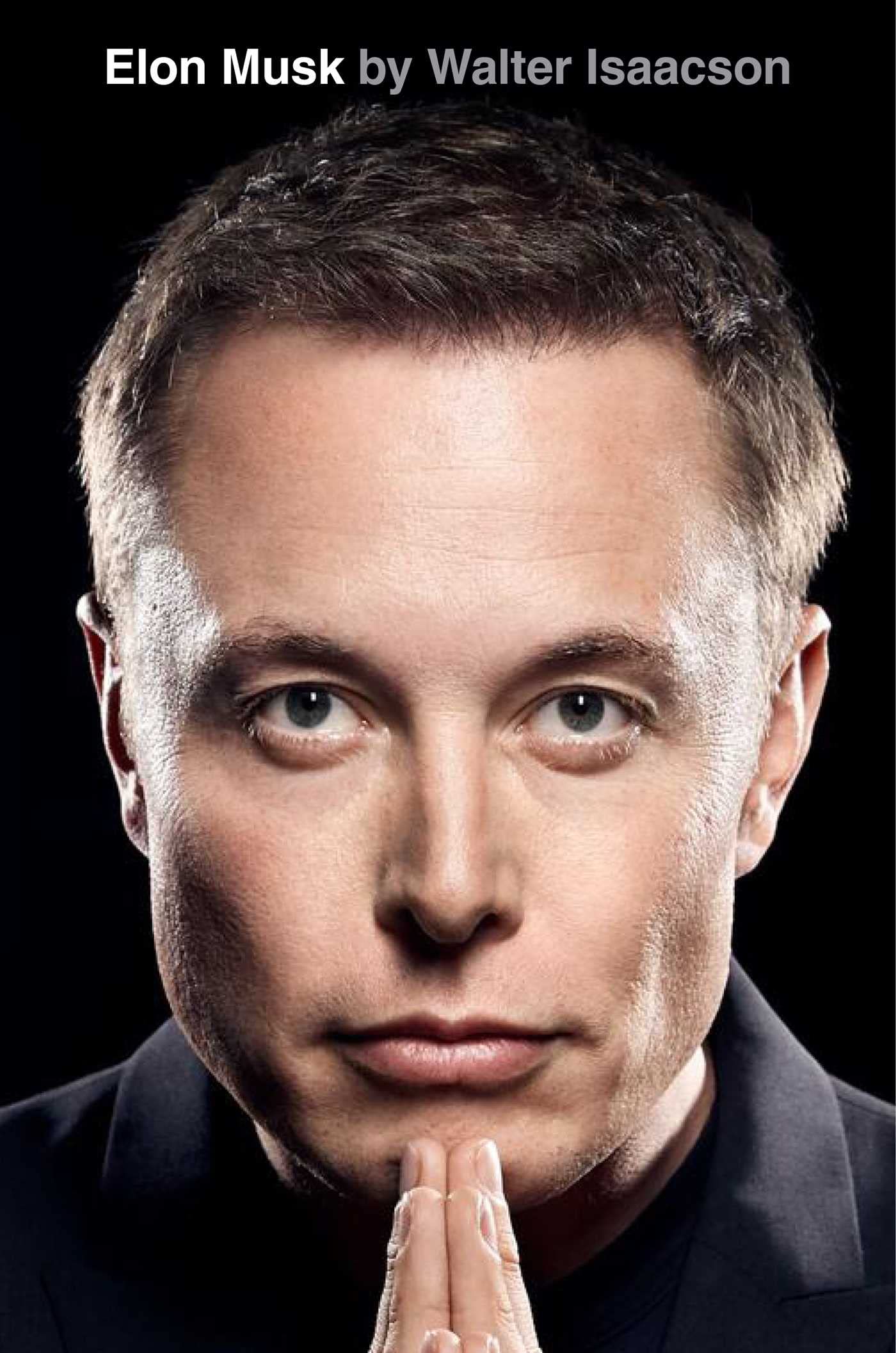82. The Takeover
byThe Takeover chronicles the unexpected and dramatic conclusion of Elon Musk’s acquisition of Twitter on Thursday, October 27, 2022, which came a day earlier than anticipated by both the platform’s executives and financial markets. Musk, surrounded by key allies, including Antonio Gracias, Kyle Corcoran, Kate Claassen, and his trusted legal advisor Alex Spiro, orchestrated the final stages of the deal in a highly secretive manner. From a tension-filled war room, they managed the complexities of the takeover, each move calculated with precision as they sipped on Pappy Van Winkle bourbon, signaling the high-stakes nature of the evening. This sudden and unannounced move marked a stark departure from the expected process, adding an air of suspense to the already volatile situation surrounding Twitter’s future.
Instead of following the planned, orderly transition that was set to occur the following Friday, Musk’s team deliberately chose to disrupt the process. Their plan was simple but audacious—bring the deal to a close Thursday night, a bold act that would allow Musk to take swift control of Twitter. The primary objective was to terminate CEO Parag Agrawal, CFO Ned Segal, legal head Vijaya Gadde, and general counsel Sean Edgett before they could capitalize on their stock options, an action Musk believed was justified due to his perception that the leadership had misled him throughout the negotiation process. In Musk’s view, these executives were emblematic of the kind of management that had misdirected Twitter for years, and by ousting them immediately, he aimed to eliminate the financial reward they might gain from what he considered their poor stewardship.
This quick and ruthless approach was propelled by the actions of Alex Spiro, Musk’s experienced legal advisor. Known for his combative style, Spiro had already helped Musk navigate a series of legal battles, including those in 2018, and his role in executing the takeover strategy was critical. This move wasn’t merely a matter of saving money or seeking revenge; it was emblematic of Musk’s approach to business—dramatic, high-risk, and motivated by a desire to reshape the platforms he controls according to his own standards. The speed and intensity of the decision-making process were clear signals of Musk’s unique vision for Twitter’s future, marked by strategic maneuvering and a tendency to create disruption in traditional corporate environments.
Musk’s decision to move forward with this aggressive strategy revealed his deep desire to not only control Twitter but to overhaul its operations and culture immediately. The culmination of the takeover happened at 4:12 p.m. Pacific Time when the funds were officially transferred, finalizing the deal and giving Musk the reins of the company. Within moments of the transaction being confirmed, dismissal letters were issued to Agrawal, Segal, Gadde, and Edgett, marking a swift and dramatic shift in Twitter’s leadership. This was a moment of not just corporate change but a symbol of Musk’s authority and willingness to bend rules to shape the future of the platform, proving that his approach to business was nothing short of theatrical. The move not only set the tone for his future actions at Twitter but also sent a clear message to the tech industry about Musk’s commitment to driving change by any means necessary.
As Musk took control, the broader implications of his actions were felt not only within Twitter but across the tech industry. The rapid dismissal of Twitter’s top executives was a dramatic demonstration of his desire to reshape the platform in his image, eliminating the barriers he felt existed under the previous leadership. This takeover was not just a financial transaction; it was a declaration of intent, showing Musk’s willingness to take bold and decisive actions to effect change quickly. While many anticipated that Musk would introduce significant changes to Twitter, the speed and decisiveness with which he took control were unprecedented, revealing a side of Musk’s personality that was not just about innovation, but also about dramatically reshaping the corporate environment to fit his vision.
The Takeover was emblematic of Musk’s larger approach to business, characterized by bold decisions and a lack of hesitation when it came to challenging established systems. The rapid restructuring of Twitter’s leadership served as a precursor to the dramatic shifts Musk would implement in the company, as he aimed to change the platform not only in terms of management but also in its business model, content moderation, and role in the global digital ecosystem. Musk’s takeover was more than just a change in ownership—it was a complete overhaul of the company’s foundational operations, signaling to the tech world that he intended to reimagine Twitter in his own unique way. Through his characteristic blend of strategic insight, high-stakes decision-making, and flair for the dramatic, Musk demonstrated that he was prepared to make Twitter a platform that would be both financially successful and aligned with his vision of unencumbered free speech.


